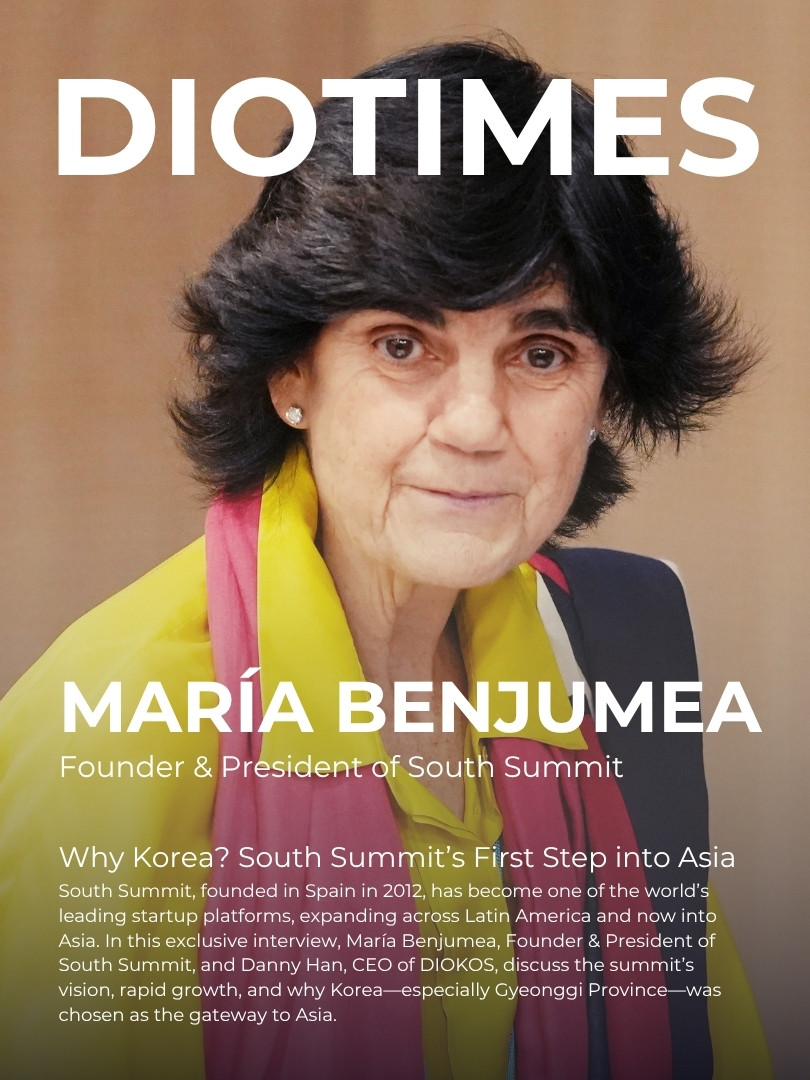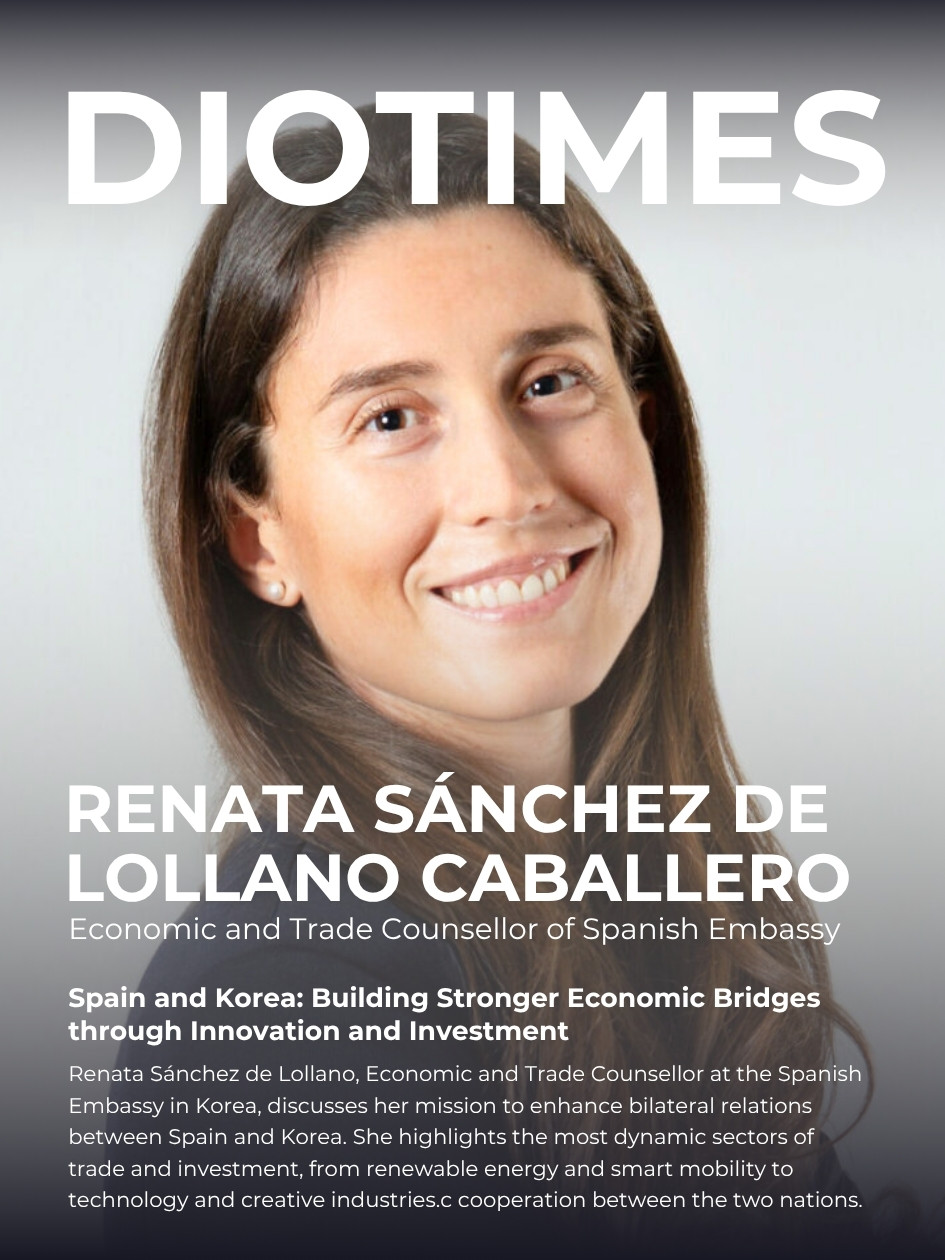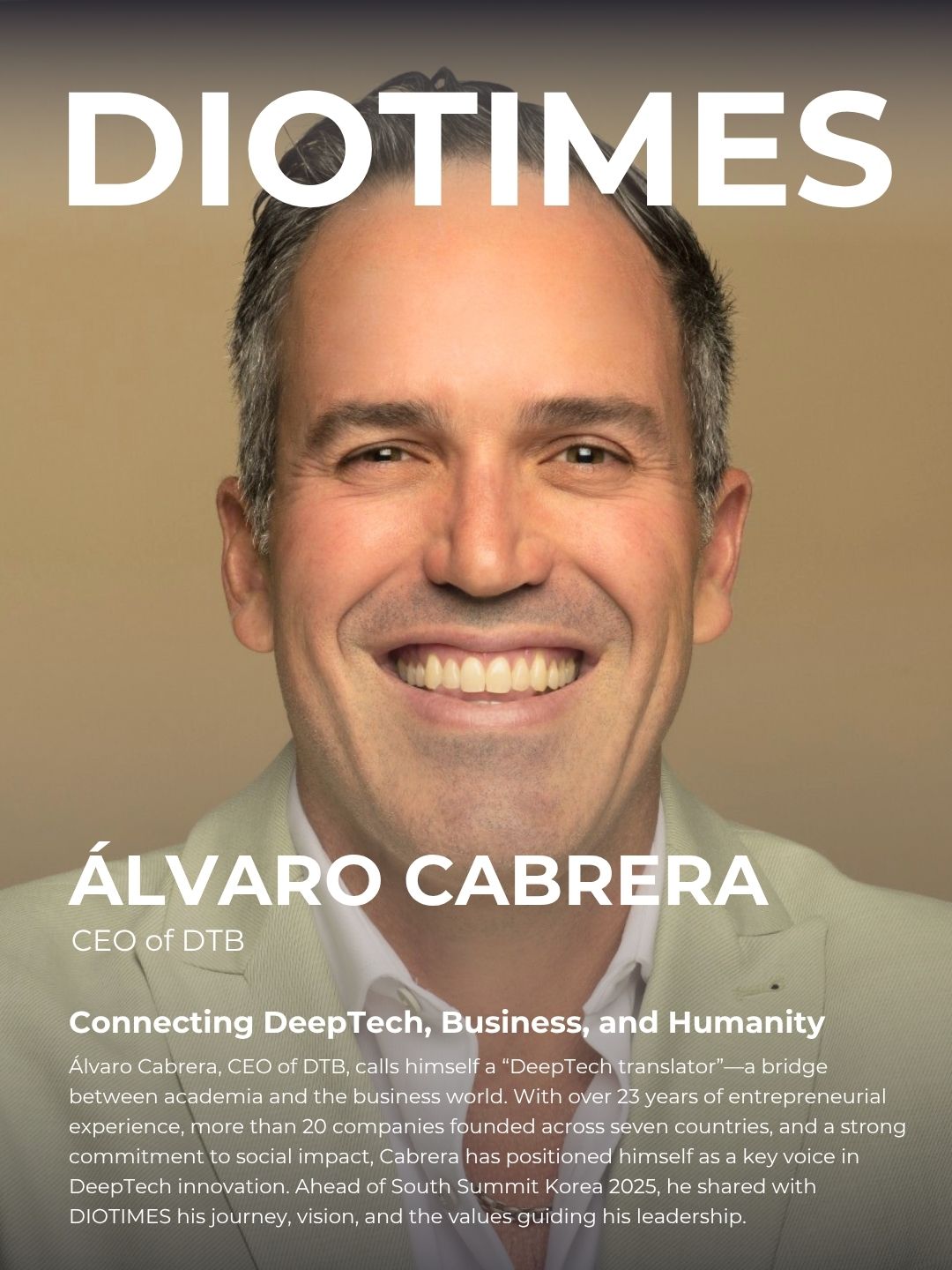At the beginning of the 21st century, the MBA was already a global institution with over a hundred years of history. But as the new millennium unfolded, the business world began to change faster than ever before—driven by technology, globalization, and social transformation. Business schools had no choice but to evolve with it.
From the dot-com era to the rise of artificial intelligence, from the 2008 financial crisis to the ESG revolution, the MBA has been redefined again and again. As an IE Business School graduate, I have witnessed how this evolution transformed both the classroom and the career paths that followed. The modern MBA is more digital, diverse, and purpose-driven than at any point in its history.
The Dot-Com Era and the Technology Shift
In the early 2000s, the dot-com boom—and subsequent crash—forced business schools to rethink their approach. Technology management, e-commerce, and innovation became essential components of MBA curricula.
Silicon Valley started attracting top MBA graduates who, a decade earlier, would have gone straight to Wall Street. Business schools responded by creating new electives in digital strategy, data analytics, and entrepreneurship. For the first time, the MBA became as relevant to tech startups as it was to consulting or finance.
The 2008 Financial Crisis and Ethical Recalibration
The global financial crisis of 2008 became a turning point. Many of the executives involved in the crisis held MBAs, sparking criticism that business schools had overemphasized profit and underemphasized ethics.
In response, schools began integrating corporate social responsibility, governance, and risk management into their programs. The conversation around the MBA shifted—from “How can we maximize shareholder value?” to “How can we create sustainable value?”
This reorientation marked the birth of a new generation of MBAs: leaders who valued integrity as much as strategy.
Globalization and the Rise of International MBAs
By the 2010s, the MBA had truly gone global.
While American schools like Harvard, Wharton, and Stanford remained influential, European and Asian programs began reshaping the market.
IE Business School in Spain, INSEAD in France and Singapore, London Business School in the UK, and IESE in Spain became international hubs, offering one-year programs that emphasized diversity and global experience. Classrooms became microcosms of the global economy—at IE, for instance, more than 70 nationalities often shared a single cohort.
Meanwhile, Asia emerged as a powerful player, with institutions such as CEIBS in China, HKUST in Hong Kong, NUS in Singapore, and ISB in India establishing themselves among the world’s elite.
The Entrepreneurship Revolution
The 21st century saw entrepreneurship move from the margins of the MBA to its center. Business schools established startup accelerators, venture labs, and innovation hubs to support aspiring founders.
No longer was the MBA simply a passport to a corporate job—it became a platform for creating new companies and industries. Graduates began pursuing venture capital, fintech, and social entrepreneurship, reflecting a broader shift in the meaning of success.
At IE Business School, the emphasis on entrepreneurship and digital innovation created an environment where students learned not only how to manage existing businesses but how to build the next generation of them.
The Digital Transformation of Education
Technology didn’t just change what MBAs learned—it changed how they learned.
Online and hybrid MBAs, once seen as secondary options, became mainstream. Institutions like IE, Warwick, and Imperial pioneered blended learning models that combined classroom intensity with digital flexibility.
Platforms such as Coursera and edX made MBA-level knowledge accessible to a wider audience, pushing elite schools to rethink their value proposition. The MBA evolved from a one-time degree to a lifelong learning experience.
The ESG and Sustainability Imperative
The 2010s and 2020s introduced ESG—environmental, social, and governance—as a central theme in global business education. Students demanded that business schools address climate change, diversity, and ethics not as electives but as core principles.
MBA programs began teaching sustainability not as a side topic but as a strategic framework for decision-making. Leadership now meant balancing profit with purpose, growth with responsibility.
The AI Era and the Future of Work
As artificial intelligence and automation transform industries, the MBA has entered yet another reinvention phase. Business schools are embedding AI strategy, data analytics, and digital transformation into their core curriculum.
The leaders of tomorrow must understand both technology and humanity—how to leverage machine intelligence without losing ethical judgment. The MBA of the AI era will be defined by adaptability, creativity, and emotional intelligence.
Danny Han’s Insights
From my perspective, the 21st century reshaped the MBA in five profound ways:
From Finance to Technology – MBAs have transitioned from Wall Street to Silicon Valley.
From Profit to Purpose – Ethics, sustainability, and social impact are now core priorities.
From U.S.-centric to Global – Europe and Asia have redefined leadership education.
From Corporate to Entrepreneurial – The MBA is a launchpad for innovation, not just management.
From Degree to Ecosystem – The MBA is no longer a one-time credential but a lifelong network for growth.
The MBA has always been about transformation, but never has that transformation been so continuous—or so necessary—as it is today.
Conclusion
The MBA of the 21st century is not a replica of the past; it is a reinvention. It is more agile, inclusive, and aligned with the realities of a world defined by change.
As an IE Business School alumnus, I believe the MBA’s greatest strength lies in its adaptability. It remains a mirror of global business—reflecting its challenges, its ambitions, and its relentless pursuit of progress.
The lesson is clear: the MBA survives because it evolves. And in the 21st century, evolution is the ultimate form of leadership.






